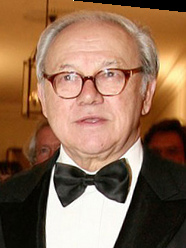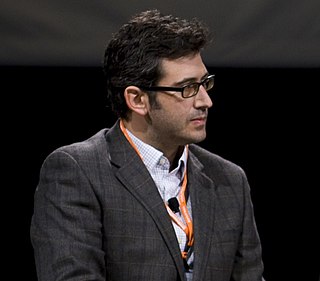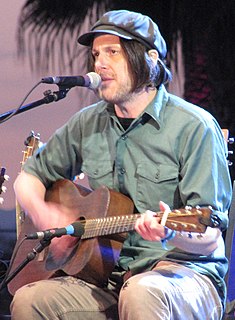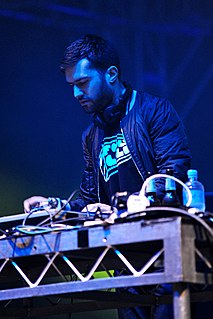A Quote by Andy Dunn
Culture is an output of a bunch of inputs that have to come together the right way. Specifically, it is the collision of people and their context, how they interact with each other in that context, and then how that context evolves based on those interactions as they multiply.
Related Quotes
I think character is very much a product of where you live, who you are, what is happening in that time of your life, and I'm interested in those pressures, those forces. A political context, a social context, really determines if not who people are then how they treat one another and what they say, how they speak.
I feel like we're so limited by the context at which we look at life. The way we look at who we're supposed to be and how we're supposed to love... everything. I feel like that, in and of itself, is a project of a lifetime: the problem of how to break out of the limiting context that is imposed upon us by the educational system, by the church, by our parents... As a kid I rejected it without even thinking about it. Now that I'm a little older, I see how deeply destructive it really is.
When America installs a minimum income, it's going to be doing it in a very different historical context than Switzerland or Sweden or Germany, or any other country might do it. And we're doing it in a context where it has the potential, I think, for much better consequences than in those other countries.
God's Word is not presented in Scripture in the form of a theological system, but it admits of being stated in that form, and, indeed, requires to be so stated before we can properly grasp it - grasp it, that is, as a whole. Every text has its immediate context in the passage from which it comes, its broader context in the book to which it belongs, and its ultimate context in the Bible as a whole; and it needs to be rightly related to each of these contexts if its character, scope and significance is to be adequately understood.
Communication requires cultural context, and technology facilitates our ability to cross-reference ideas over time. Charles Moore were saying: Enough with the sterile, context-less architecture. Enough with the functional-minded frame of operation. How about a little mess? How about a little, let's say, syntax? A little quotation using history? How about some other meanings or symbols? I think that's the only logical reaction when you have to thoughtfully manage the communication of a lot of information.



































